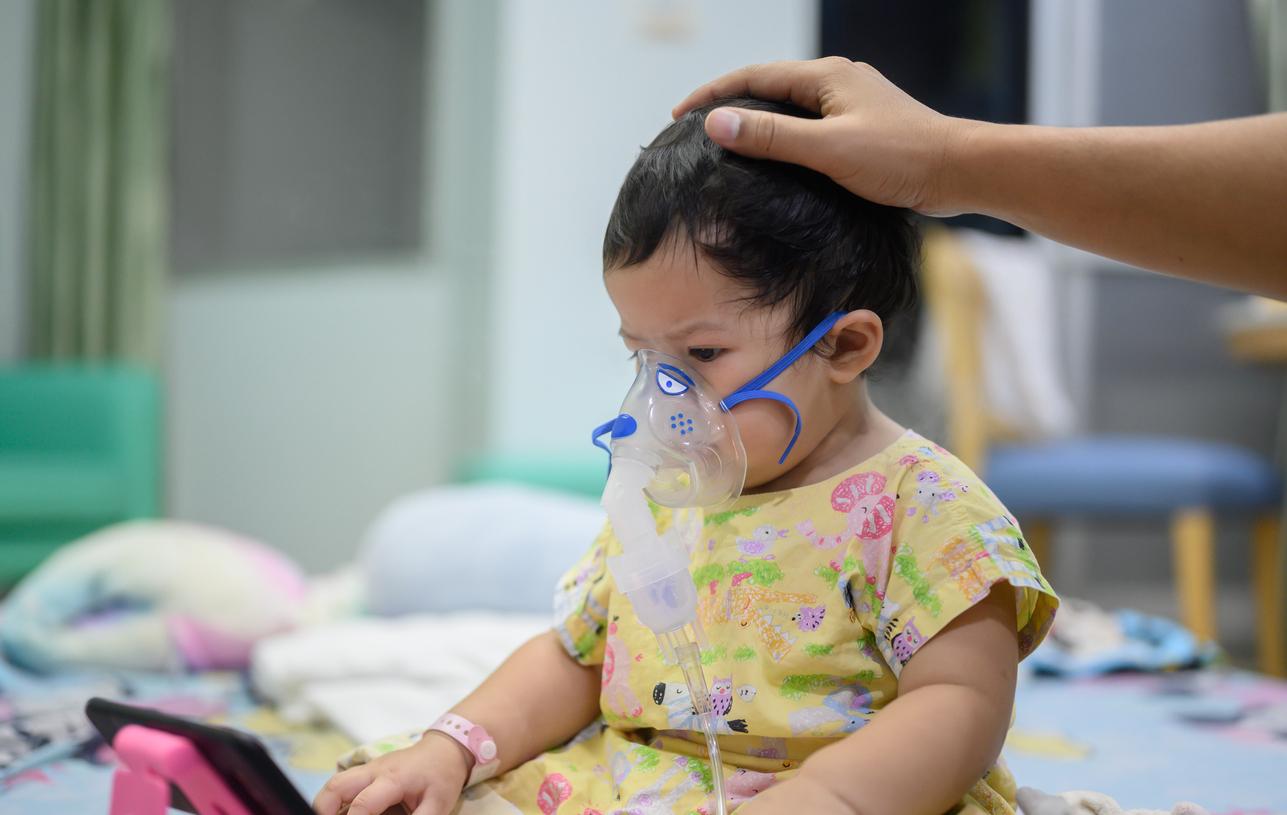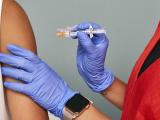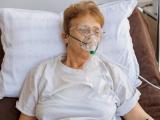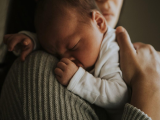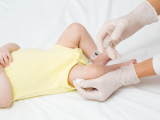Beyfortus (nirsevimab), a monoclonal antibody approved this summer for use in infants to protect against respiratory syncytial virus (RSV), is effective in preventing hospitalization for RSV-associated lower respiratory tract infection and against the most severe illnesses, according to a new study in the New England Journal of Medicine.
The study, part of the ongoing phase 3B Hamonie trial, was conducted in infants ages 12 months and younger who were entering their first RSV season in France, Germany, or the UK. A total of 8,058 infants were randomized to receive either a single intramuscular injection of nirsevimab (4,037 infants) or no intervention (4,021 infants).
Nirsevimab was 83.2% effective in preventing hospitalization for RSV-associated lower respiratory tract infections (95% confidence interval [CI], 67.8 to 92.0). During the study, 11 infants (0.3%) in the nirsevimab group and 60 (1.5%) in the standard-care group were hospitalized for RSV-associated lower respiratory tract infections.
The antibody was 75.7% effective in preventing very severe RSV-associated lower respiratory tract infections, which occurred in 5 infants (0.1%) in the nirsevimab group and in 19 (0.5%) in the standard-care group. Two of the 5 infants in the nirsevimab group were admitted to an intensive care unit, but neither required mechanical ventilation, the authors said.
No serious adverse events were recorded during the trial
Mortality burdening low and middle-income countries
RSV is one of the most common and potentially severe respiratory tract infections seen in most children worldwide before the age of 2. In 2019, there were an estimated 33 million cases of acute lower respiratory tract infection due to RSV, resulting in 3.6 million hospitalizations and 26,300 in-hospital deaths among children younger than 5 years of age worldwide, Natasha Halasa, MD, MPH, said in an editorial on the present study. More than 95% of those deaths occurred in low- and middle-income countries.
The introduction of nirsevimab brings a wave of excitement .
"Given the high burden of illness associated with RSV, effective prevention measures are essential," said Halasa. "The introduction of nirsevimab brings a wave of excitement because it offers a more practical, single-dose alternative to previous interventions and extends protection to all infants."
As high-income countries begin to use nirsevimab with success, Halasa warned efforts must be made to ensure access to the single-use injection in low- and middle-income countries where RSV-associated morbidity and mortality are highest.
"Ensuring that nirsevimab reaches these vulnerable populations is not only a matter of equity but also imperative to mitigate the global effects of RSV on health and society," she wrote.
